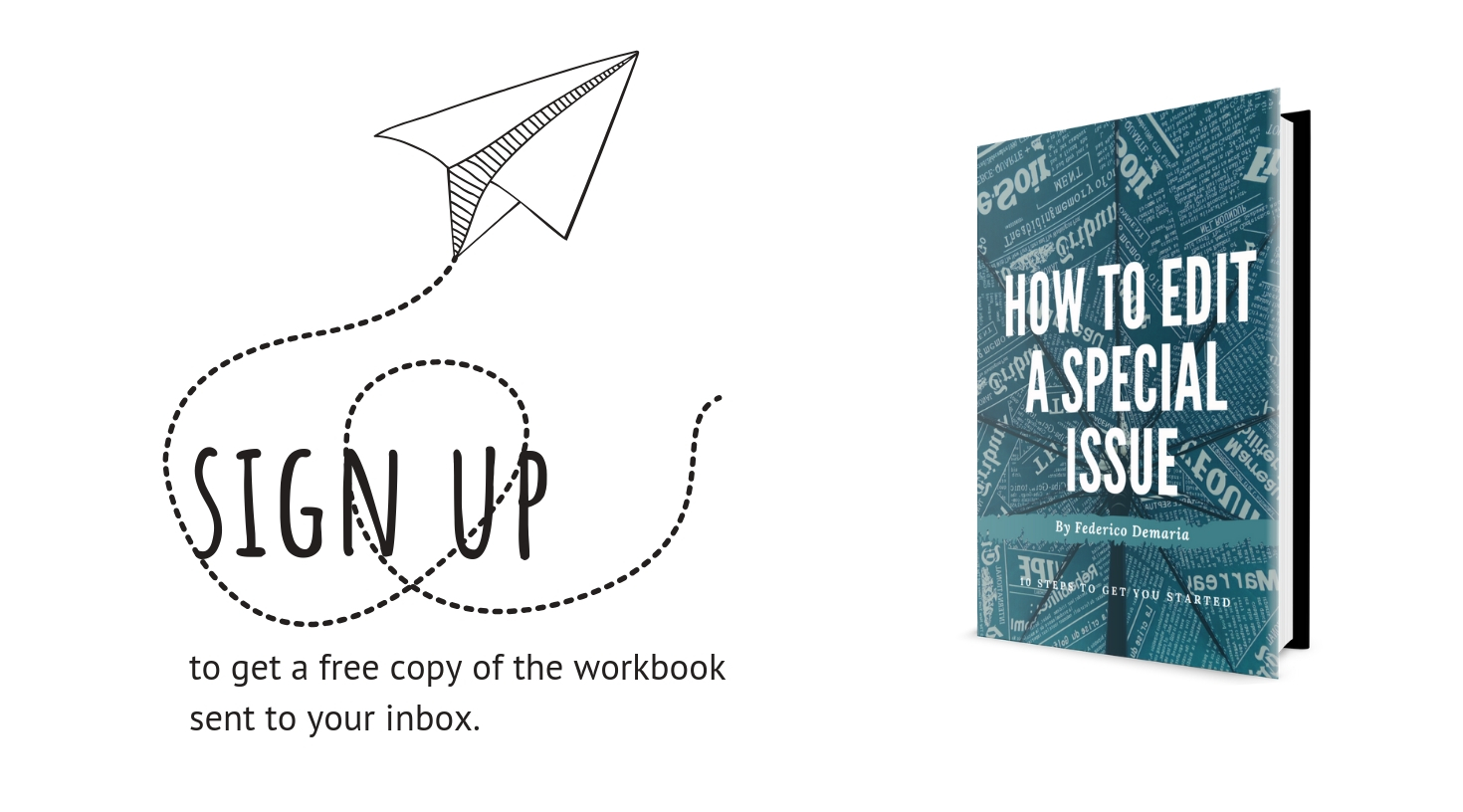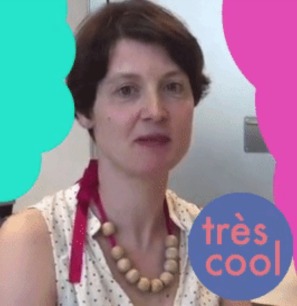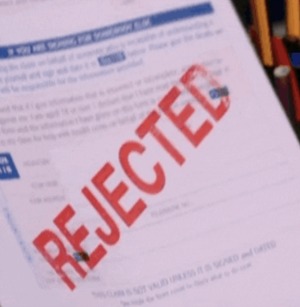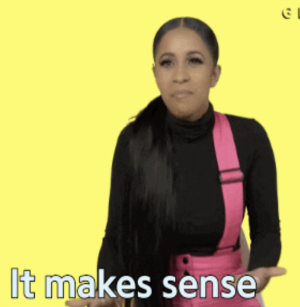How to Edit a Special Issue
A Special Issue is, like an edited book, a collection of articles on the same theme published together and curated by one or more editors. Unlike a book, a special issue is published in a scientific journal. In this workbook Federico Demaria explains in ten easy steps how to set up and edit a Special Issue.
Federico is a post-doctorate researcher at my Institute in Barcelona. While still at an early stage in his career he has edited 5 special issues (on environmental justice for Sustainability Science, on degrowth for Sustainability Science, on waste for Capitalism Nature Socialism, and two forthcoming for Ecological Economics, and Environment and Planning E). Federico has also edited 2 very successful books, on Degrowth and on the Pluriverse.
Organizing a Special Issue when you are at the beginning of your career can be a challenge, but is also a great learning and networking opportunity. There are hard moments and obstacles, but it can also be fun and rewarding. As Federico explains in the workbook the most difficult steps are: managing time, getting the proposal accepted by the journal, and getting the authors to submit their papers.
There are many online guidelines, by both experienced guest editors (e.g. 1, 2 and 3) and journals (e.g. JMS and ASS). Some are good, many are broad. In this workbook Federico guides you through the Special Issue process in 10 concrete steps.
Enjoy!
Are you planning on editing a special issue? Do you have additional questions for Federico? Leave your comments, and suggestions below.















